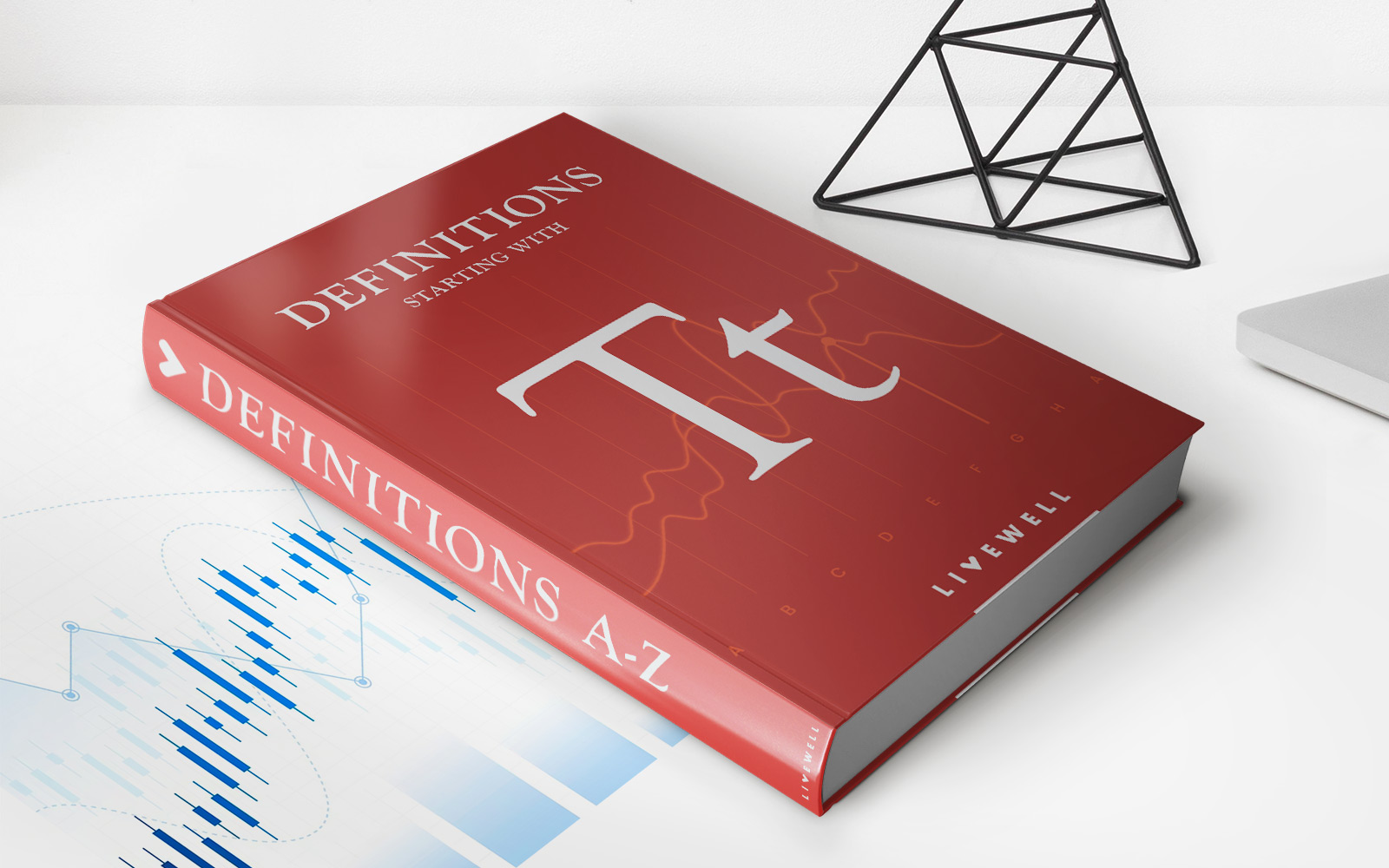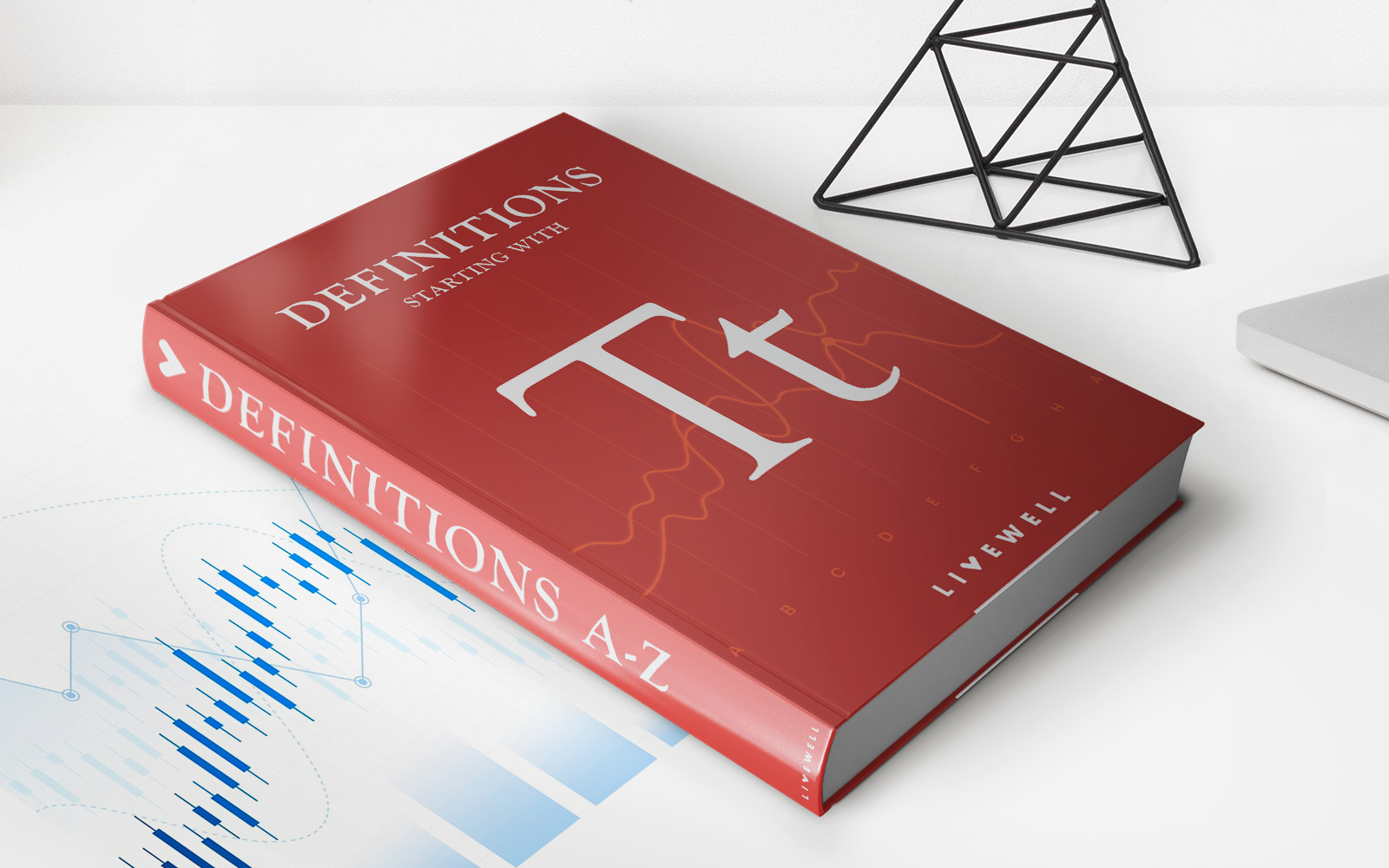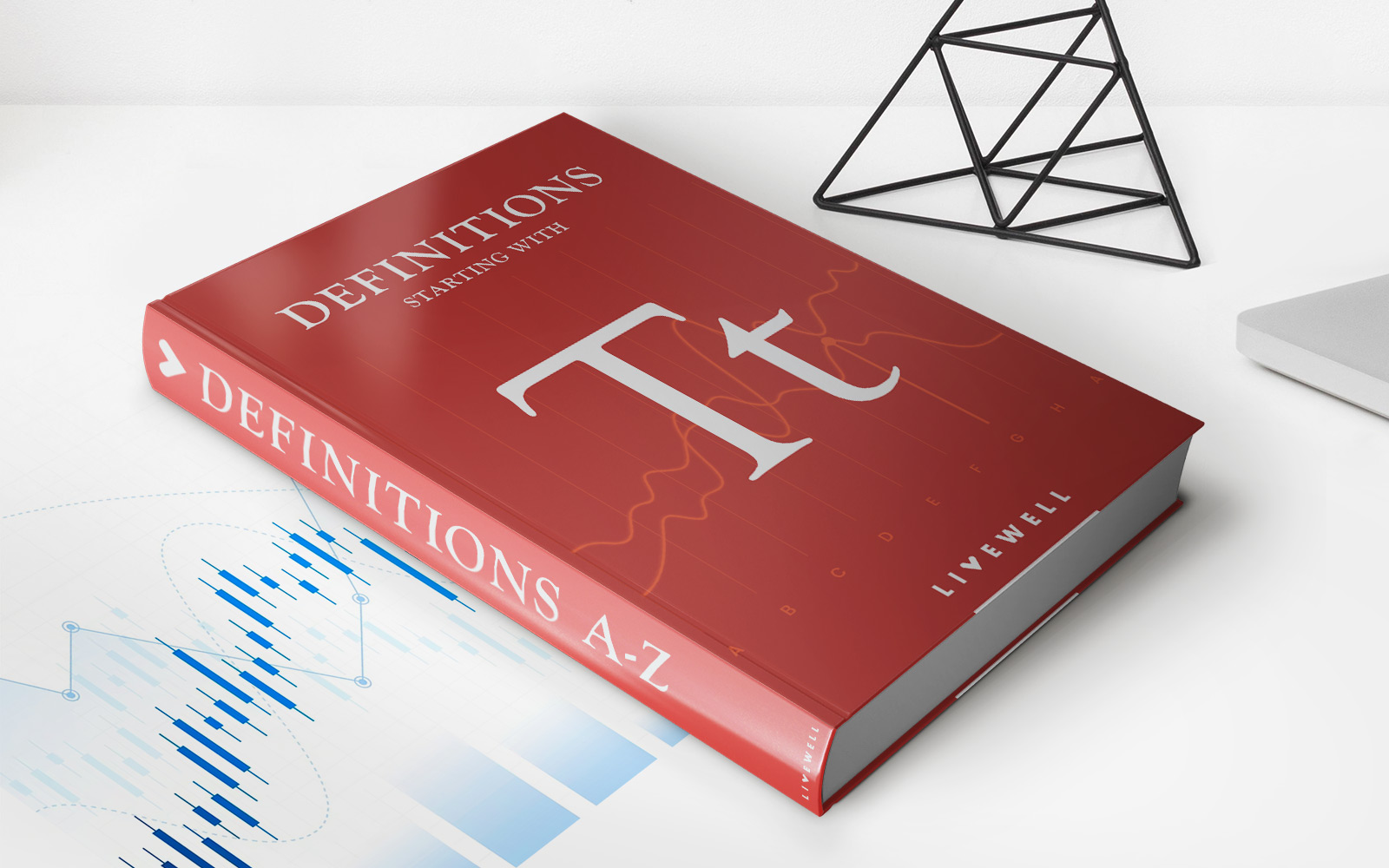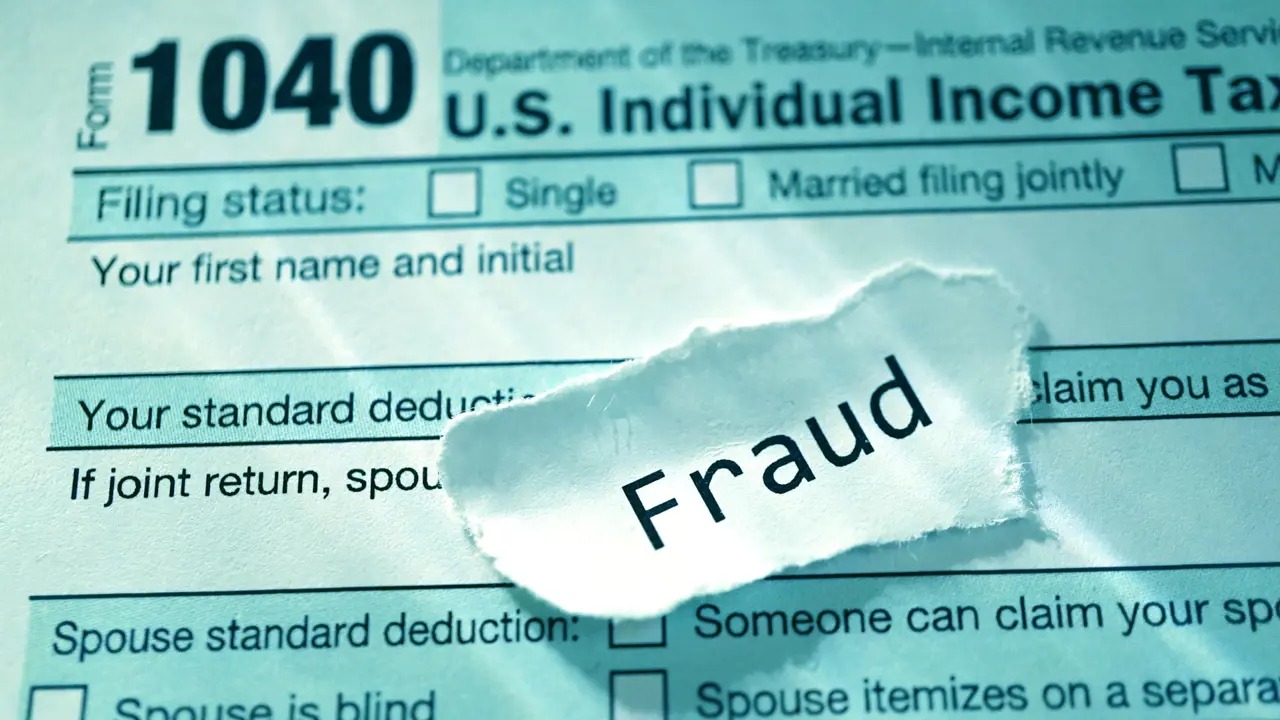

Finance
Hardship Exemption Definition
Published: December 4, 2023
Understanding the hardship exemption definition in finance and its implications. Learn how this exemption can provide relief during challenging financial times.
(Many of the links in this article redirect to a specific reviewed product. Your purchase of these products through affiliate links helps to generate commission for LiveWell, at no extra cost. Learn more)
Understanding Hardship Exemptions in Finance
Welcome to our “Finance” blog category, where we delve into important topics related to personal finance, investments, and everything in between. In this blog post, we will discuss the concept of hardship exemptions in the finance world, providing you with a comprehensive understanding of what they are and how they can play a crucial role in your financial journey.
Key Takeaways:
- Hardship exemptions are available for individuals facing financial difficulties
- These exemptions provide relief from certain financial obligations but require proper documentation
Life is unpredictable, and anyone can face unforeseen financial hardships at some point. Whether it’s a sudden job loss, unexpected medical expenses, or any other financial burden, navigating these challenging circumstances can be overwhelming. This is where hardship exemptions come into play.
A hardship exemption is a provision established by financial institutions, governmental bodies, or other organizations to provide relief to individuals facing genuine financial difficulties. These exemptions can vary depending on the type of financial obligation and the governing rules set by the respective institution or authority.
Hardship exemptions can be applicable to various financial aspects, including taxes, student loans, mortgage payments, and more. By qualifying for a hardship exemption, individuals may be granted temporary or permanent relief, allowing them some financial breathing room during challenging times.
It’s important to note that hardship exemptions require proper documentation to substantiate the claim. Documents such as income statements, medical bills, unemployment records, or any other relevant proof may be required to support the hardship case.
If you find yourself in a difficult financial situation, it’s crucial to explore the hardship exemption options available to you. Here are a few noteworthy examples:
- Tax Hardship Exemptions: In cases where individuals are unable to pay their taxes due to financial hardships, they may qualify for tax hardship exemptions. These exemptions can provide relief from penalties or other consequences associated with unpaid taxes.
- Student Loan Hardship Exemptions: Student loan borrowers who are facing financial hardships and are unable to make their loan payments may qualify for student loan hardship exemptions. These exemptions can provide temporary relief by allowing individuals to defer payments or adjust their repayment plans according to their financial situations.
- Mortgage Hardship Exemptions: Homeowners who are struggling to make their mortgage payments due to financial challenges may be eligible for mortgage hardship exemptions. These exemptions can prevent foreclosure or eviction by providing alternative repayment options or suspending mortgage payments temporarily.
When facing financial hardship, it’s important to reach out to the respective institutions or authorities to inquire about available hardship exemption options. Each case is unique, and the specific requirements and processes may vary.
In conclusion, hardship exemptions are designed to offer relief to individuals facing financial hardships by providing temporary or permanent exemptions from certain financial obligations. To take advantage of these exemptions, individuals must provide proper documentation and navigate the processes set by the relevant institutions or authorities.
Remember, there is no shame in seeking help when facing genuine financial difficulties. Explore your options, reach out for assistance, and stay informed about the hardship exemptions that may be available to you. Your financial well-being matters, and hardship exemptions can provide the much-needed support during challenging times.














